Italian Prime Minister Giorgia Meloni and German Chancellor Olaf Scholz are spearheading a series of closer business deals between the two countries. Meloni's first visit as prime minister to Berlin on November 22 marked the highest-level meeting between Italy and Germany in seven years.
The Meloni administration has in recent weeks made a series of moves to facilitate foreign business ties, ranging from aerospace to airlines and telecommunications – with France being left out.
Exercising the "golden power"
Most recently, Rome blocked France’s Safran Group from acquiring Microtecnica, the Italian subsidiary of Collins Aerospace, in a $1.8 billion deal because it could threaten supplies to the country’s armed forces, Ms. Meloni said in Berlin on November 22, after meeting Mr. Scholz.
The decision was taken to avoid potential risks to “the readiness of our armed forces” and “the risk of disruptions in our logistics chain,” Ms. Meloni said.
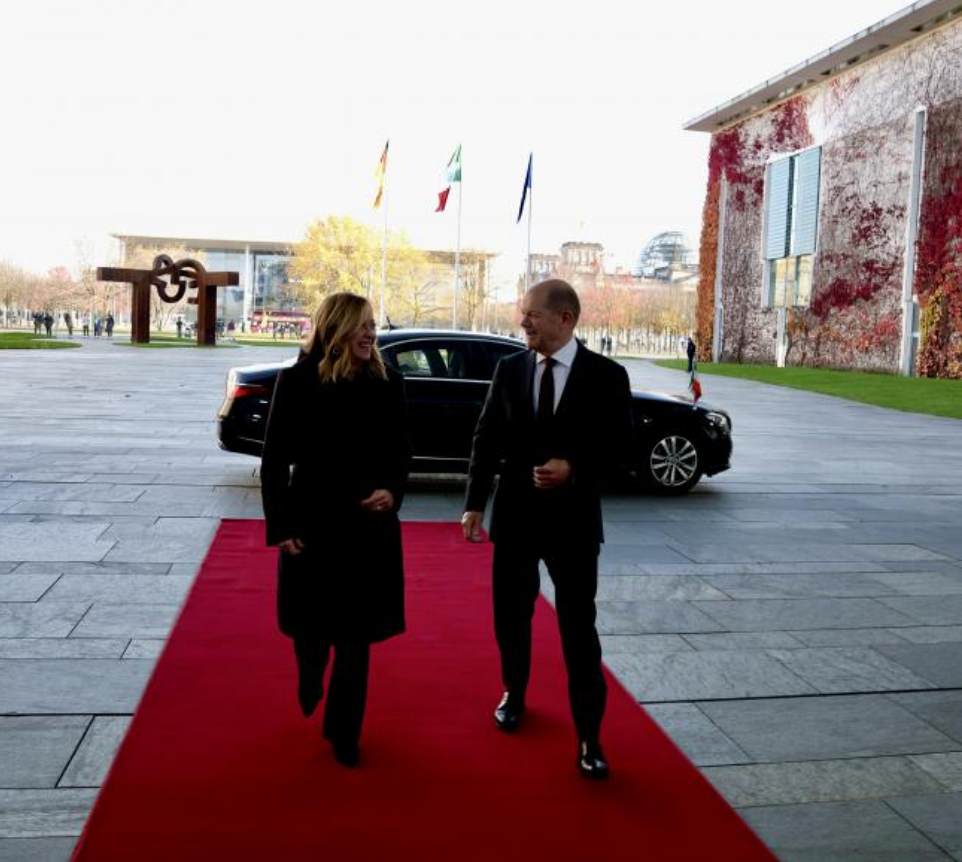
Italian Prime Minister Giorgia Meloni is welcomed by German Chancellor Olaf Scholz during her first visit to Berlin, November 22, 2023. Photo: Italian Government website
Berlin played a key role in Rome’s decision, Bloomberg reported. In consultations with Rome, German officials warned that the acquisition of Microtecnica, which makes flight control systems, could disrupt the supply of parts and services for the Eurofighter and Tornado jet projects.
Meanwhile, Reuters quoted two German government sources as saying that Berlin did not ask Rome to ban the takeover, but should take measures to ensure the supply of spare parts for the Eurofighter Typhoon and Tornado multi-role attack fighters.
In any case, it is significant that Italy did not inform France before Rome exercised its so-called “golden powers,” which allow the state to monitor transactions involving assets deemed to have national strategic value. That has caused unease in Paris, Bloomberg sources said.
Speaking alongside his German counterpart in Berlin, Prime Minister Meloni said Italy “will not lack opportunities” to explain to its allies the reasons for the measure, and proposed a “late” press conference to do so.
Safran itself – the world's second-largest aircraft parts manufacturer – also complained that it was surprised by the Italian government's decision because over the years it has proven itself to be a reliable supplier for many defense programs.
Long-standing stress
Prime Minister Meloni also said that Italy plans to inform the European Union (EU) next week about the progress of the sale of shares in ITA Airways, the country's flagship airline, to Germany's Deutsche Lufthansa AG.
The deal has been in the works for months and is being closely watched by rival Air France-KLM, a Franco-Dutch airline group based at Paris-Charles de Gaulle airport in Tremblay-en-France, near Paris.
Rome has pressed Brussels to speed up the approval process for the deal, aimed at getting rid of an asset that has long ceased to be profitable.

The Eurofighter Typhoon multirole strike fighter is a joint product of four countries: Germany, the UK, Spain and Italy. Photo: Airforce Technology
Since Ms. Meloni took office last year, Italy and France have made significant strides to mend their frayed relationship, but some long-standing tensions related to business dealings remain, Bloomberg reported, citing people familiar with the matter.
In the past, Rome has frequently been unhappy with Paris over French business acquisitions in Italy, which are seen as being done arbitrarily and with little regard for local concerns.
Officials in Rome still complain that Enel SpA's 2006 bid for France's Suez SA was blocked by then-French President Jacques Chirac.
Italian diplomats remain opposed to French President Emmanuel Macron holding a 2017 meeting with Libyan authorities in Paris without inviting Italy, which had been deeply involved in negotiations with the North African country.
More recently, Italy and France canceled a long-planned cooperation deal between their shipyards Fincantieri SpA and Chantiers de l'Atlantique, blaming the economic recession and failure to get a green light from the EU's antitrust authority.
Bilateral tensions are now hampering efforts by Telecom Italia SpA, Italy's former telephone monopoly, to sell its fixed-line network to US investment firm KKR & Co for up to 22 billion euros ($24 billion).
French communications group Vivendi SE, Telecom Italia SpA’s largest shareholder, is challenging the deal, saying it “will use all available legal means” to block the plan .
Minh Duc (According to Bloomberg, Reuters)
Source





![[Photo] The 5th Patriotic Emulation Congress of the Central Inspection Commission](https://vphoto.vietnam.vn/thumb/1200x675/vietnam/resource/IMAGE/2025/10/27/1761566862838_ndo_br_1-1858-jpg.webp)




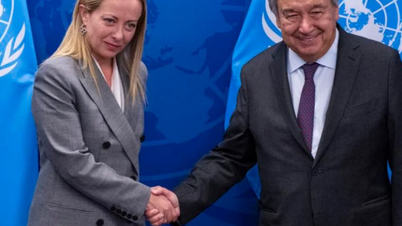




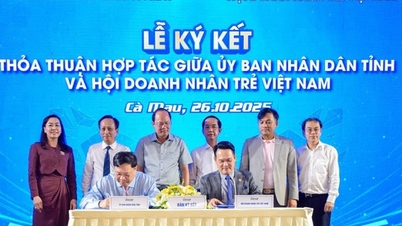

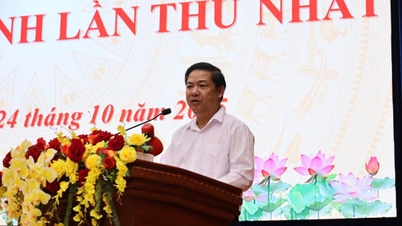












![[Photo] National Assembly Chairman Tran Thanh Man receives Chairman of the House of Representatives of Uzbekistan Nuriddin Ismoilov](https://vphoto.vietnam.vn/thumb/1200x675/vietnam/resource/IMAGE/2025/10/27/1761542647910_bnd-2610-jpg.webp)
![[Photo] Party Committees of Central Party agencies summarize the implementation of Resolution No. 18-NQ/TW and the direction of the Party Congress](https://vphoto.vietnam.vn/thumb/1200x675/vietnam/resource/IMAGE/2025/10/27/1761545645968_ndo_br_1-jpg.webp)




























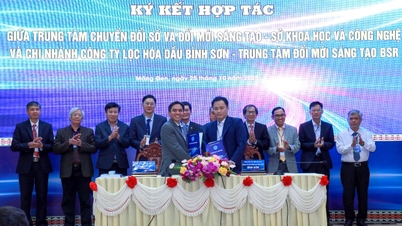









![[Photo] Prime Minister attends the 28th ASEAN-China Summit](https://vphoto.vietnam.vn/thumb/402x226/vietnam/resource/IMAGE/2025/10/28/1761624895025_image-2.jpeg)






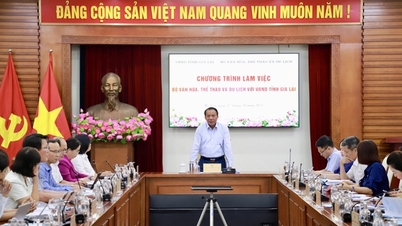

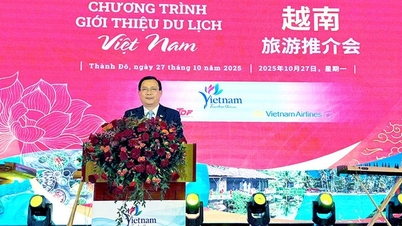


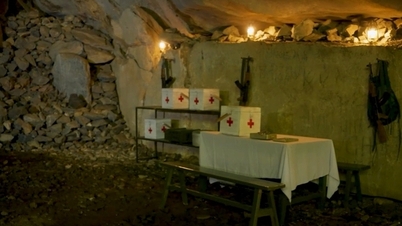
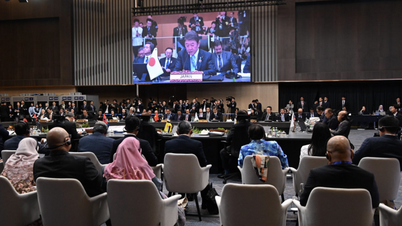


























Comment (0)